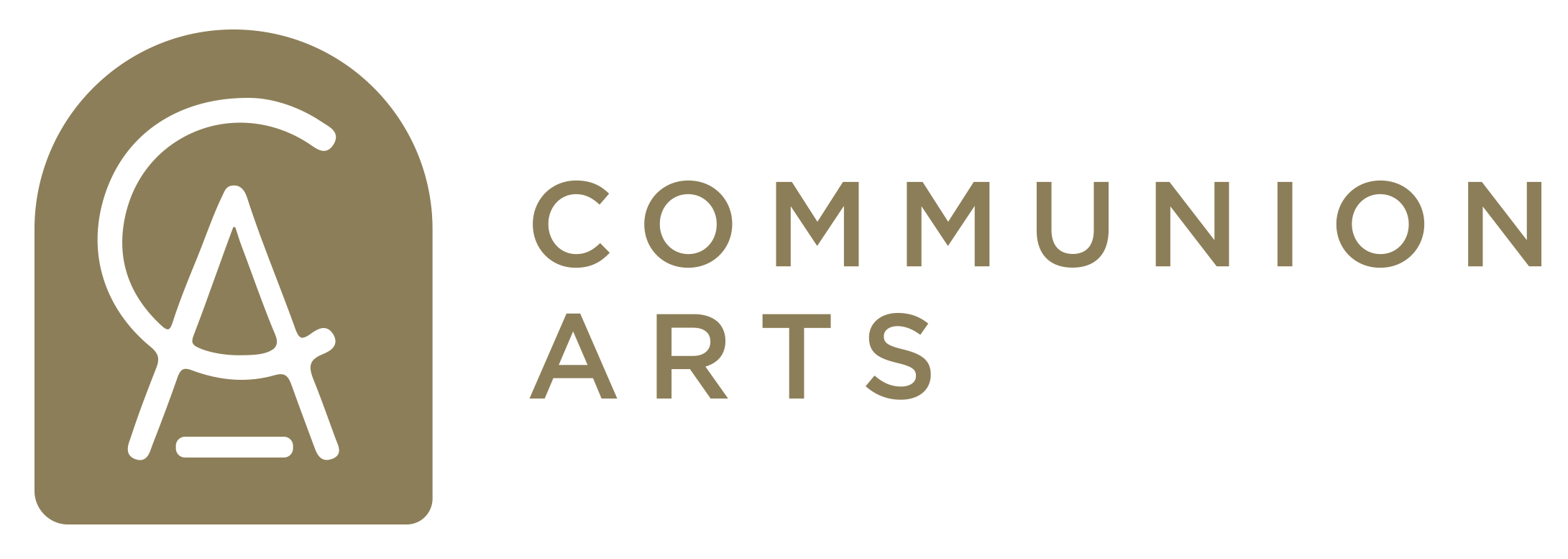An Editor’s Approach
I haven’t always been an editor, but I have always been a writer. And I guess you could say the latter informs the former. As a writer, you are still working to edit your own work, but at some point, it’s also essential to have a second (or third) opinion. Growing up, my dad filled this role for me. I would bring him words I wrote for school or in my spare time and anxiously wait for him to read my thoughts. He was always gracious and much too charitable. He would shower my work with praise and, every so often, some constructive criticism. That was all the empowerment I needed to keep writing.
Now, as I edit, his kindness reminds me to praise the work of others even when I also have to make changes or give tough critiques. I’m learning that editing isn’t just about checking grammar and small details, although this is undoubtedly an essential part of the job. At the core, the role of the editor is that of a communicator and relationship builder. To edit well, you need both trust and collaboration.
“At the core, the role of the editor is that of a communicator and relationship builder. To edit well, you need both trust and collaboration.”
I’ve learned that asking questions like, “What did you mean here?” Or, “I don’t understand this, could you explain it more to me?” go a lot further than telling someone a sentence or paragraph doesn’t make sense. If I can assume the best of a writer, I usually not only learn something but also end up helping them to improve their writing. This type of collaboration works to build trust between writer and editor, and that trust shouldn’t be underestimated. Editors can get cocky, but it’s good to remember that writers are still entrusting us with their creation - they need to be able to expect we have their best interest in mind.
Sometimes I have to suggest cutting or changing sections of writing I know are particularly personal or important to a writer. But when these suggestions are for someone I know trusts me, I know they also will be more willing to make changes they do not like, or at the very least, make a strong case for why changes shouldn’t be made.
“If I can assume the best of a writer, I usually not only learn something but also end up helping them to improve their writing.”
I love writing, but the role of an editor is equally fulfilling to me. There is something rewarding about helping an author polish their words and their thoughts while still working to help them maintain their unique voice. That’s a tough balance to find as an editor, and one I’ve failed to find many times, but one that is worth fighting for while you also work to help clarify their message.
Editing is often the final step needed before art takes on life as a communicated form. It may be the last step art goes through before it finds its finish, or it may continue while a work of writing, visual art, video, or the like changes over time. At any rate, I think you would be hard-pressed to find a successful artist, craftsman, or writer who does not think of editing as a necessary part of their process. As an editor, I feel fortunate to be able to play a small part in helping an author’s words materialize so that, in turn, these words can find the ears and eyes of others and bring inspiration, growth, and comfort.
